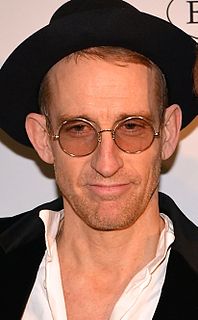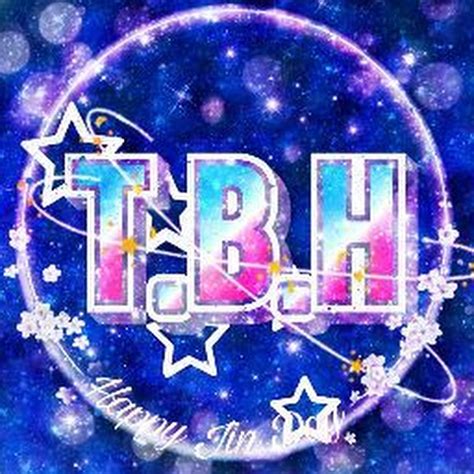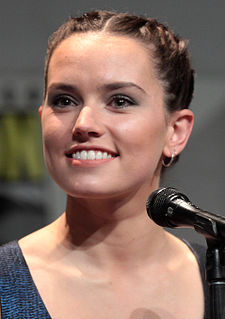A Quote by Richard Smalley
My interest in science had many roots. Some came from my mother as she finished her B.A. degree studies in college while I was in my early teens.
Related Quotes
My mother could never have said she loved fall, but as she walked down the steps with her suitcase in hand toward the red Monte Carlo her husband had been waiting in for nearly an hour, she could have said that she respected its place as a mediator between two extremes. Fall came and went, while winter was endured and summer was revered. Fall was the repose that made both possible and bearable, and now here she was was with her husband next to her, heading headlong into an early-fall afternoon with only the vaguest ideas of who they were becoming and what came next.
[My grandmother] was the assistant pastor at Palma Ceia Baptist Church in Hayward - my grandmother, Evie Goines. And so my mother was doing - I remember when my mother graduated from beauty college, so I was about 5, and so I guess she was about 21. And I just remember being there, taking the pictures and seeing her get her diploma and everything. But she was doing hair for many years. during that time, she kind of started to discover or tap into her religious studies. It was around the time I was starting to go through puberty and hitting, like, 12, 13.
My mother worked at the telephone company during the day and sold Tupperware at night. Evenings, she took classes when she could at University of Maryland's University College, bringing me along to do homework while she studied to get the degree she hoped would offer her and me greater opportunities.
The idea of the book ["The Japanese Lover"] came in a conversation that I had with a friend walking in the streets of New York. We were talking about our mothers, and I was telling her how old my mother was, and she was telling me about her mother. Her mother was Jewish, and she said that she was in a retirement home and that she had had a friend for 40 years that was a Japanese gardener. This person had been very important in my friend's upbringing.
Suddenly so many things she'd overheard her brothers and Quinn saying when Grimm had been in residence made sense, and upon reflection she suspected a part of her had always known. Her love was a legendary warrior who had grown to despise himself, cut off from his roots. But now that he was home and given the time to explore those roots, he might be able to make peace with himself at long last.
After my mother died, I learned that she'd had a scholarship to the University of Nebraska, but - in kind of a tradition that females don't do things like that - her father prevented her from going. She always said that she wasn't allowed to go to college, but until she died, I never knew that she'd had this scholarship.
Occasionally, on screen, Barbara [Stanwyck] had a wary, watchful quality about her that I've noticed in other people who had bad childhoods; they tend to keep an eye on life because they don't think it can be trusted. After her mother was killed by a streetcar, she had been raised in Brooklyn by her sisters, and from things she said, I believe she had been abused as a child. She had lived an entirely different life than mine, that's for sure, which is one reason I found her so fascinating. I think her early life was one reason she had such authenticity as an actress, and as a person.
I know also another man who married a widow with several children; and when one of the girls had grown into her teens he insisted on marrying her also, having first by some means won her affections. The mother, however, was much opposed to this marriage, and finally gave up her husband entirely to her daughter; and to this very day the daughter bears children to her stepfather, living as wife in the same house with her mother!
At that moment a very good thing was happening to her. Four good things had happened to her, in fact, since she came to Misselthwaite Manor. She had felt as if she had understood a robin and that he had understood her; she had run in the wind until her blood had grown warm; she had been healthily hungry for the first time in her life; and she had found out what it was to be sorry for someone.
You had every right to be. He raised his eyes to look at her and she was suddenly and strangely reminded of being four years old at the beach, crying when the wind came up and blew away the castle she had made. Her mother had told her she could make another one if she liked, but it hadn't stopped her crying because what she had thought was permanent was not permanent after all, but only made out of sand that vanished at the touch of wind and water.





































